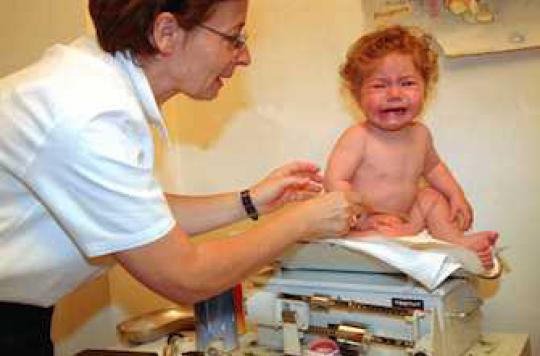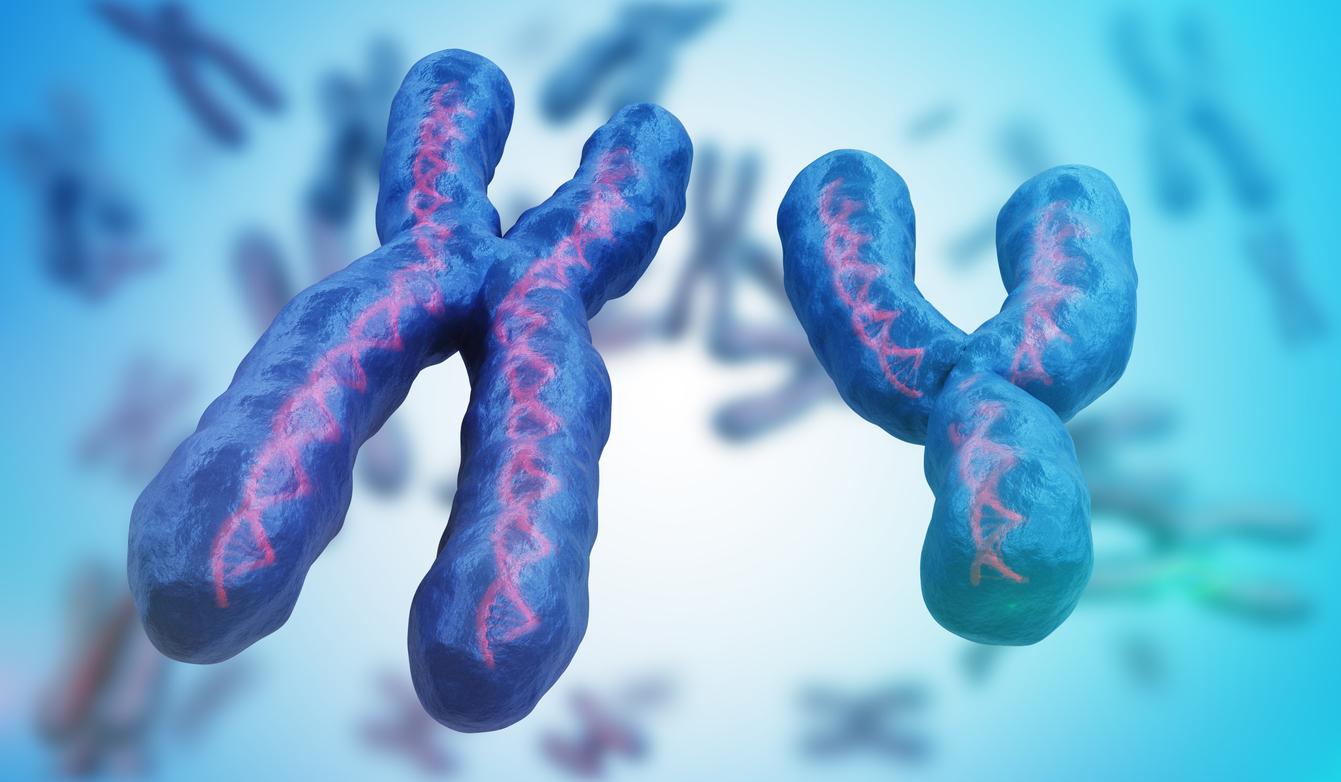Pediatricians are encouraged to detect autism. But the standard 10-minute consultation is not enough to spot symptoms, even for an expert, according to a study.

A medical consultation is not enough to detect autism. Over a window of 10 to 20 minutes, even specialists let young patients pass. This is the conclusion of a study published in the journal Pediatrics. Screening for this developmental disorder should be the subject of a separate consultation, according to the authors.
A disease made of nuances
A team from Brigham Young University in Provo (Utah, USA) examined 42 children aged 15 to 33 months. This standard 10-minute consultation was filmed. The videos were then shown to psychologists specializing in early childhood and autism. Their mission was to classify the children into three groups: normal state of health, language delay or autism. Only one tool was available to them: the behavior of the children during the consultation.
10 minutes of consultation is not enough to spot signs of autism, the researchers conclude. Experts failed to identify 39% of children with pervasive developmental disorders. And for good reason: over such a narrow window, autistic children exhibit more typical than atypical behaviors. The disease is sometimes too nuanced to be expressed clearly in such a short time: “Some autistic children are clearly disabled, and it is easy to spot them.
But this study followed a whole panel of children who presented to the pediatrician, and we discovered that many disabilities are not immediately detected, ”summarizes Judith Miller, co-author of the study. “For these children, formal screening tools and more time with a specialist can be crucial. “
Involve parents
“Often, it is not the fault of the pediatrician if the child is not referred to a specialist,” comments Terisa Gabrielsen, lead author of the study. “Even autism experts have missed a high percentage of children in this interval. The solution is simple in the eyes of this expert: pediatricians must obtain more information, especially from parents. “Parents see the best and the worst in their children. They are the experts for their children. They can be educated on the signs and symptoms, and should help their doctor by reporting if there is a problem, be involved in the decision to see a specialist, ”says Terisa Gabrielsen.
Involving parents to spot autism earlier is crucial. By treating these developmental disorders early, it is possible to limit the disability. “One of the biggest problems with early identification of autism is that many children go unrecognized until they start school. This means that one failed to intervene during the first years, which can change a child, ”explains Terisa Gabrielsen, lead author of the study.
.















